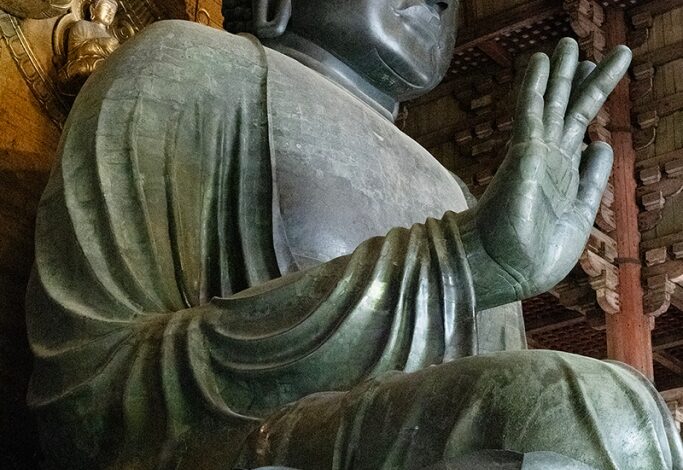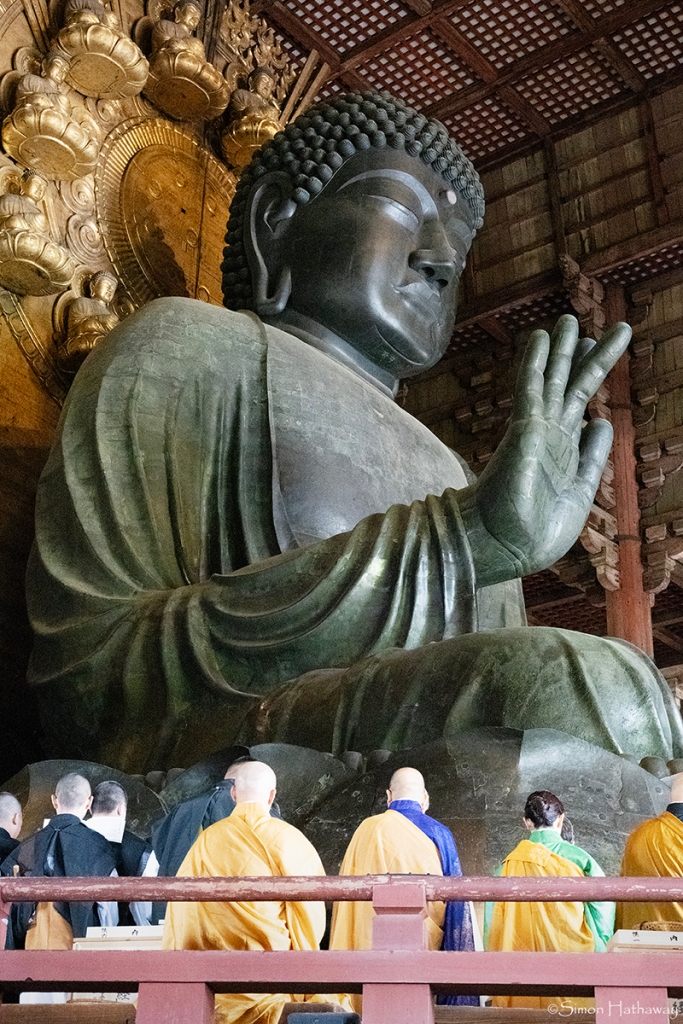What should we be on our guard against in Zen meditation? – Zen Fools

Zen meditation is a kind of Buddhist practice to attain enlightenment. When we say that we practise Zen meditation, it is really difficult for us to know whether or not we are practising correctly because our practice is happening invisibly in our mind. Many people don’t know where they are heading and why they should go the way they are going
Practising correctly is much more important than practising hard because the harder you practise incorrectly the farther away you can become from your goal, enlightenment. You had better stop such practice since it can harm your life rather than benefit it.
Many people seem to be wandering aimlessly through the woods. To avoid such a common mistake, we should remember the following. Enlightenment is very clear and concrete, not vague like a wild-goose chase.
In order to reach the final goal, you should not believe blindly in what so-called masters say, but assume a critical attitude until you are persuaded logically. Buddha, while alive, used to say to his disciples, “Don’t believe blindly in what I say to you now, but contemplate it to see whether it makes sense to you. If it makes sense to you, accept it, but if it doesn’t, don’t accept it but bring it back to me and ask it of me again.”
Likewise, you should not blindly accept what masters say. When coming across what doesn’t make sense to you, you should go on to ask for further explanation until you find it understandable and acceptable.

If it happens that you can’t get a satisfactory answer, you don’t have to follow such a master. In fact, in many cases, masters say a few words that are difficult to understand, and pretend to make a very important and meaningful message (in reality, most of them even themselves don’t know what they say). Laymen treasure them and cling to them without knowing the meaning while just believing they are very valuable. They think themselves to be to blame for not being able to understand the message. The vaguer their message sounds, the more respectful they are of it while thinking its meaning is too deep for them to understand.
You should not accept Zen in that way. When a master delivers important words, he should explain to you in detail to the extent that you have sufficient intellectual understanding: why he says so and what viewpoint you should have to understand his words. If he doesn’t, he is of no help to you.
You should clearly know the reason why you should practise by asking yourself or masters.
When you undertake a certain kind of Zen practice, you also should know why you should choose it.
You should have your practice checked often since you are apt to go in the wrong direction, because it is not tangible, invisible and scentless. If you practise correctly, you progress step by step and you become more and more confident in your practice. You can feel yourself changed. Then, you can be sure that enlightenment is not vague but very clear.
©Boo Ahm
All writing ©Boo Ahm. All images ©Simon Hathaway




